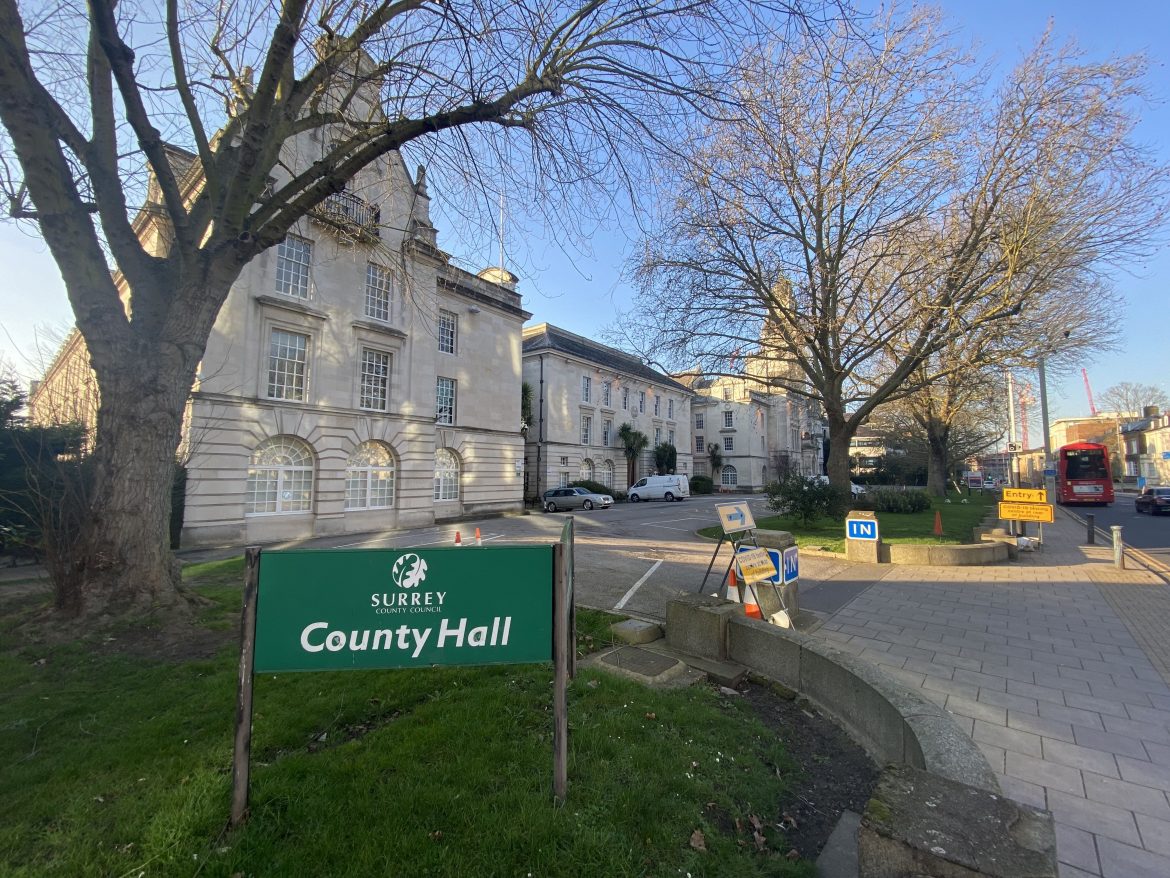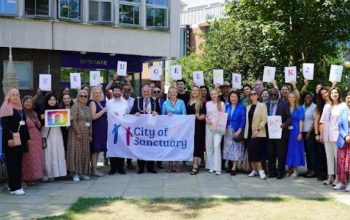Surrey County Council has adopted a new five-year action plan that it hopes will address issues of equality, diversity and inclusion (EDI) throughout the county.
The plan aims to tackle community-wide issues such as disabled-accessibility and the life expectancy gap, as well as issues within the council, including the gender pay gap and ensuring the council is representative of the county’s diversity.
Leader of the council Tim Oliver, who helped develop the plan, told the Kingston Courier: “First of all this plan is a recognition that we are not dealing with these issues as effectively as we should be, and then about putting in processes that will underpin that behaviour change.”
The new action plan is the successor to the council’s Equality, Fairness and Respect Strategy 2015-2020.
This previous iteration did well to identify the issues where the council was falling short, but it had not fully encompassed the depth of the issue, according to Oliver.
He said: “We started doing some workshops for staff and it became clear that what we were doing was far too superficial, although at one level the organisation was compliant, it was only surface deep.
“What this plan does now is really deep dive into those issues and not just to identify what they are but also to put in some really practical and hopefully sustainable solutions.”
One issue that plagues not only Surrey County Council but all levels of government in the UK is the lack of true diversity and representation among officials.
An example of this within the council is that, according to the council’s most recent workforce profile, only five per cent of senior management positions are held by people from Black, Asian and minority ethnic backgrounds (BAME), despite BAME people making up 10 per cent of the county’s population.
This plan recognises this lack of diversity, and while it does not spell out how exactly a representative council can be achieved, what it does hope to do is demonstrate the council’s desire to promote the voices of people from different backgrounds.
Oliver said: “We want to be a modern, compassionate organisation that people genuinely want to work for and feel they can work their way up in.”
The plan identifies five key themes: employee experience, leadership, knowing & engaging communities, communication & engagement, and delivering inclusive services.
Each theme contains a set of actions and targets, including minimising sources of bias, diversifying the council leadership and improving the accessibility to all council buildings.
The latter is an issue close to the heart of Oliver, whose daughter Emily died at the age of 21 from a brain tumour, and for the latter stages of her treatment was using a wheelchair.
He said: “It was a complete eye-opener to me, I saw first-hand just how complicated the system is, how difficult it is to access things, whether that is information or services.
“We need to build an infrastructure that will make sure we are not just paying lip service but are genuinely identifying issues of inequality and lack of diversity.”
By the conclusion of the plan, Oliver hopes that Surrey County Council is recognised as an organisation that recognises the diversity of the county, and actively addresses the inequalities across backgrounds.





